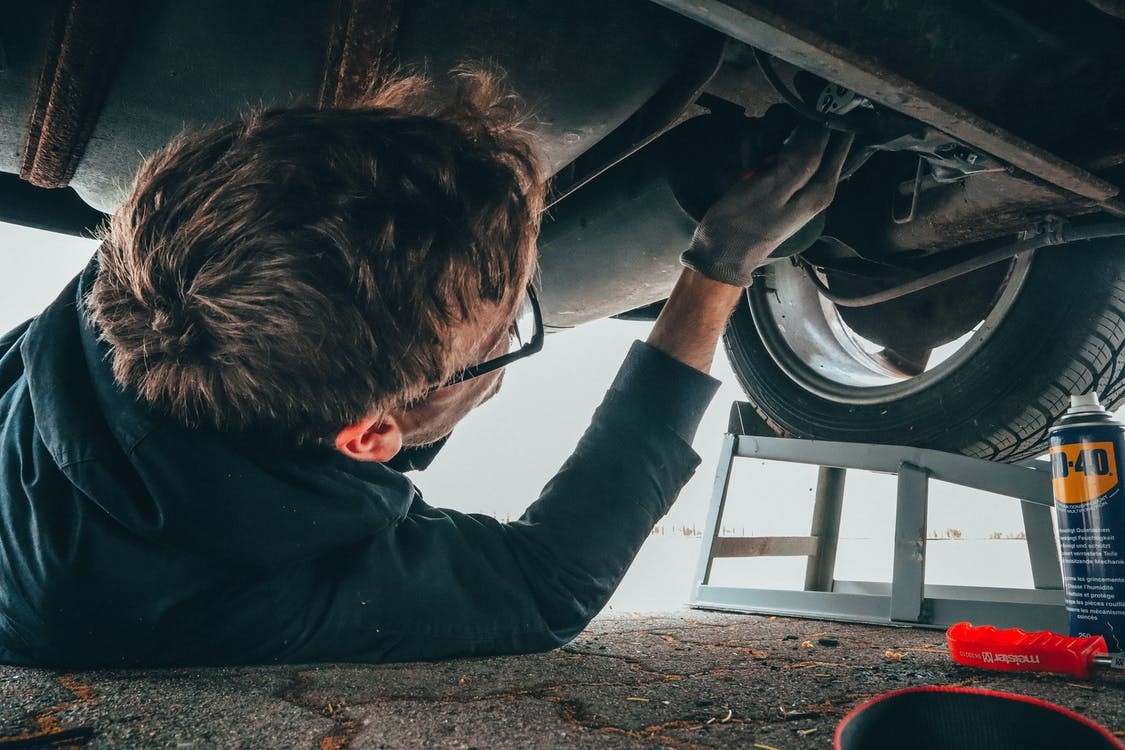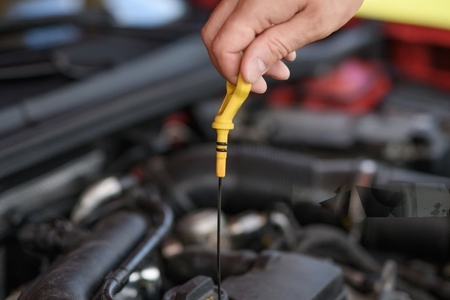How Long Can a Car Overheat Before Damage Occurs?
Cars are complex machines, and they require a lot of attention and maintenance to keep them running smoothly. One of the most common problems that drivers encounter is an overheating engine. Overheating can be caused by a variety of factors, such as low coolant levels, a faulty thermostat, or a malfunctioning cooling system. If left unchecked, overheating can cause significant damage to your car’s engine. In this article, we will explore the question, “how long can a car overheat before damage occurs?” and provide tips on how to prevent overheating.
Understanding the Causes of Overheating
Before we can answer the question of how long a car can overheat before damage occurs, it’s essential to understand the causes of overheating. As mentioned earlier, overheating can be caused by a variety of factors. One of the most common causes is a low coolant level. Coolant is the fluid that circulates through your car’s engine and keeps it cool. If there isn’t enough coolant, the engine will start to overheat.
Another cause of overheating is a faulty thermostat. The thermostat is a small valve that regulates the flow of coolant through the engine. If the thermostat is stuck closed, it can prevent coolant from flowing through the engine, leading to overheating. Finally, a malfunctioning cooling system, such as a broken fan or a leaking radiator, can also cause overheating.
How Long Can a Car Overheat Before Damage Occurs?
Now that we understand the causes of overheating let’s address the question at hand, “how long can a car overheat before damage occurs?” The answer to this question depends on several factors, such as the severity of the overheating and the type of engine in your car.
In general, it’s safe to say that you should never let your car overheat. Even a few minutes of overheating can cause significant damage to your engine. If your car’s temperature gauge starts to rise, you should pull over and let the engine cool down immediately. If you continue to drive your car while it’s overheating, you risk causing severe damage, such as a blown head gasket, a cracked engine block, or a warped cylinder head.
Signs of Engine Damage from Overheating
So, what are the signs of engine damage from overheating? There are several warning signs that your engine may be damaged, including:
If you notice any of these signs after your car has overheated, you should immediately take it to a mechanic to have it inspected. Ignoring these warning signs could result in further damage to your engine.
How to Prevent Overheating
Preventing overheating is much easier than repairing engine damage. Here are some tips to help you prevent overheating:
By following these tips, you can help prevent your car from overheating and causing damage to your engine.
Conclusion
In conclusion, overheating is a common problem that can cause significant damage to your car’s engine. How long a car can overheat before damage occurs depends on several factors, but it’s best not to risk it. If your car starts to overheat , pull over and let it cool down immediately. Signs of engine damage from overheating include white smoke coming from the exhaust, a sweet smell coming from the engine bay, and a loss of power or acceleration. To prevent overheating, regularly check your coolant level, have your cooling system inspected, replace your thermostat if necessary, and avoid driving in extreme heat or stop-and-go traffic for extended periods. By taking these preventative measures, you can help keep your car running smoothly and avoid costly engine repairs.
FAQs
Can I drive my car with an overheating engine?
No, you should never drive your car with an overheating engine as it can cause significant damage.
What should I do if my car starts to overheat?
If your car starts to overheat, pull over and let it cool down immediately. If necessary, add more coolant to the system and have it inspected by a mechanic.
Can low oil levels cause overheating?
Low oil levels can cause engine damage, but they are not typically the cause of overheating.
How often should I have my cooling system inspected?
It’s recommended that you have your cooling system inspected by a mechanic every two years or 30,000 miles, whichever comes first.
What happens if I continue to drive my car after it overheats?
Continuing to drive your car after it overheats can cause significant damage to your engine, such as a blown head gasket or a cracked engine block. It’s best to pull over and let the engine cool down before continuing to drive.
For more information please contact us




